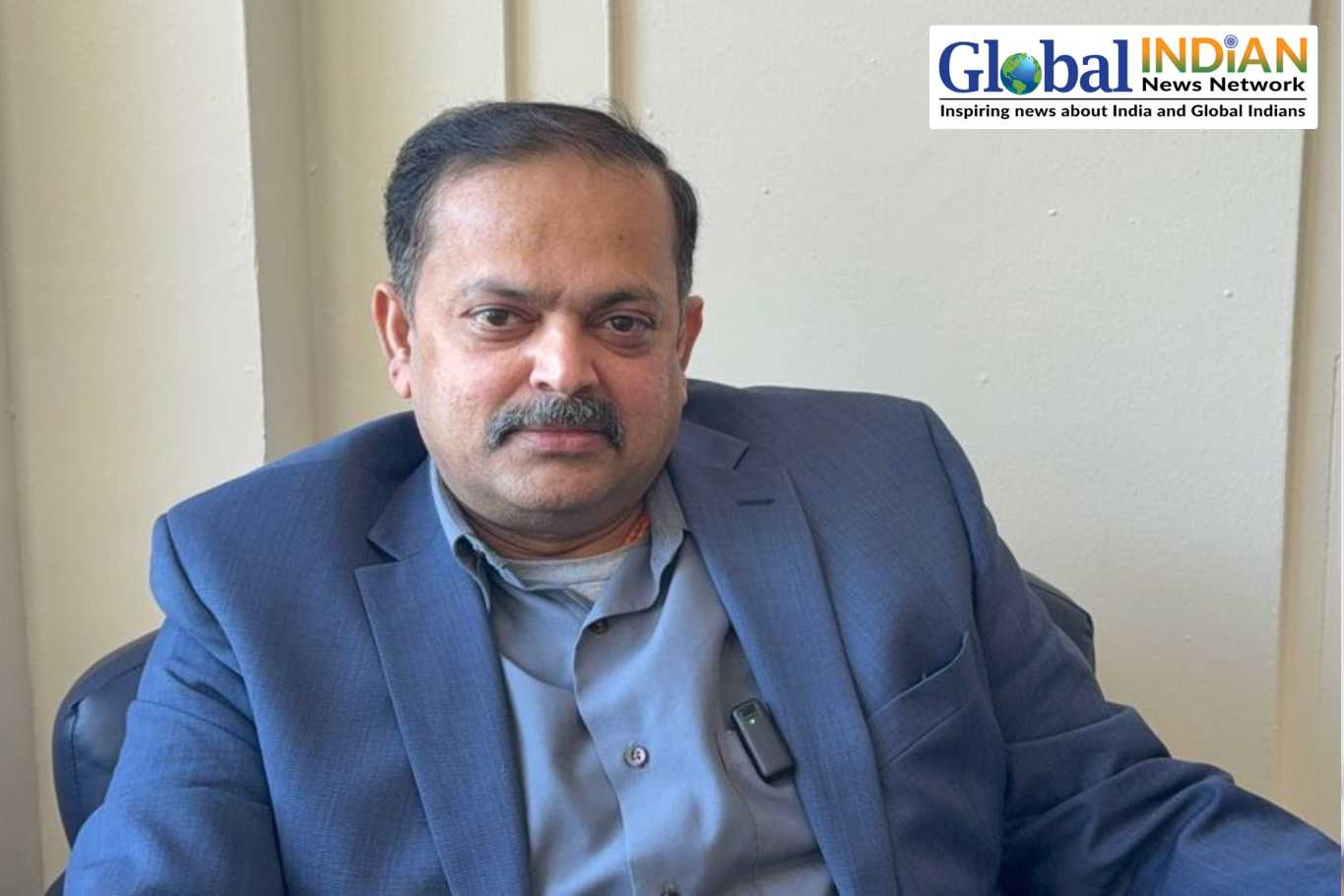
Aditya Kunjapur, an Indian American biomolecular engineer, has been awarded the 2024 BioInnovation Institute & Science Prize for Innovation for his groundbreaking research aimed at improving the effectiveness of bacterial vaccines. This prestigious prize recognizes scientists who excel in bridging the gap between life sciences and entrepreneurship.
Kunjapur’s research addresses the challenge of bacterial proteins evading the body’s immune response, particularly in diseases like staph infections. His team developed a novel strategy to enhance the visibility of these proteins to the immune system by incorporating a key amino acid into bacterial proteins.
The innovative approach devised by Kunjapur and his colleagues involves engineering bacterial cells to produce and integrate nitrated amino acids into their proteins, thus enhancing their recognition by the immune system. This breakthrough offers a versatile platform for antigen engineering with potential applications in vaccine development, ultimately reducing the reliance on antibiotics and mitigating antibiotic resistance.
In his essay published in Science Magazine, Kunjapur emphasizes the significance of expanding the chemical repertoire of building blocks within cells to enhance the efficacy of live bacterial vaccines. His research demonstrates promising results, with modified bacterial proteins triggering sustained antibody production in animal studies.
While the current focus is on E. coli as a proof-of-concept, Kunjapur envisions broader applications across different bacterial species, including those tailored to target specific pathogens or tumor tissues. He highlights the potential for developing vaccines against staph infections, among other indications.
Despite facing challenges in securing funding for intellectual property during the pandemic, Kunjapur’s commitment to his research led him to invest his own resources in patent applications. He co-founded Nitro Biosciences, Inc. to further develop the nitro-Phe technology, underscoring his dedication to translating scientific discoveries into tangible solutions.
Beyond vaccine development, Kunjapur’s lab at the University of Delaware is engaged in other bioengineering projects with environmental implications, such as containment strategies for genetically modified organisms. His multidisciplinary approach exemplifies a commitment to addressing real-world challenges through scientific innovation.









